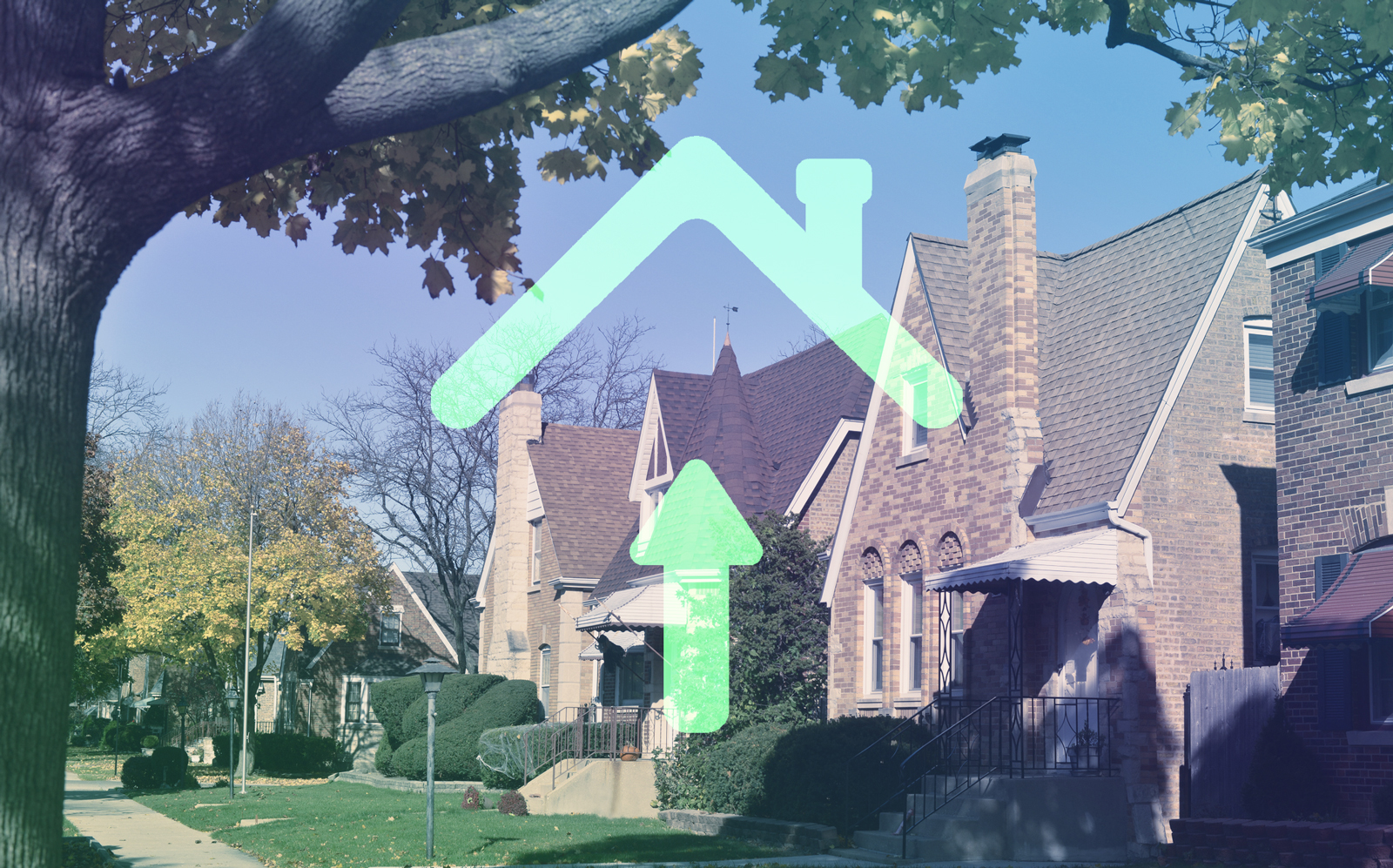New home sales in the suburbs jumped in the second quarter, no surprise considering that short-term rentals are booming outside Chicago and the suburban office market is rebounding.
In the age of Covid-19, more homeowners, renters and businesses want more space.
From April through June, there were 1,166 new homes purchased in the suburbs, accounting for a 17 percent year-over-year increase, according to Crain’s, citing data from Tracy Cross & Associates. The company is a consultant to the homebuilding industry.
In Chicago, meanwhile, the arrow pointed in the other direction. Just 69 new homes were sold over the same period, an 11.5 percent decline.
Even as the pandemic upended the economy and closed off home showings for a time, Q2’s new home purchase total in the burbs was among the highest in the last dozen years, Tracy Cross’s Erik Doersching told Crain’s. The data includes houses, condominiums and townhouses in developments of 10 or more, according to the outlet.
It marked a continuation of the first quarter, where across 15 suburban towns, more homes sold at a higher median price and with fewer days on the market year-over-year. That was according to data from the Illinois Realtors. Homebuying essentially seized up beginning in the second week of March, when the virus took hold.
Now, experts say record-low mortgage rates are encouraging first-time homebuyers and millennials to buy. Nationwide, new home sale prices rose nearly 5 percent in June year-over-year, and prices increased 1 percent from May, according to a recent CoreLogic report. Prices, however, are expected to dip in July amid continued economic uncertainty and surging cases of the coronavirus throughout the country. [Crain’s] — Alexi Friedman
